Why Marseille Failed to Become the French House of Cards
Introduction
When Netflix first announced Marseille in 2016, the hype machine went into overdrive. It wasn’t just another series. This was Netflix’s first French original, a prestige project meant to signal the platform’s ambition to conquer European markets. To sweeten the deal, Gérard Depardieu , arguably France’s most internationally recognizable actor , was cast in the lead. The logline was irresistible: political corruption, betrayals, generational clashes, all set against the sun-drenched Mediterranean backdrop of France’s second-largest city.
The early marketing positioned it as “the French House of Cards.” That comparison was deliberate, and it raised expectations to impossible heights. After all, House of Cards wasn’t just successful; it was one of Netflix’s flagship titles, a show that redefined the streaming era. Could Marseille possibly replicate that formula?
The short answer: no.
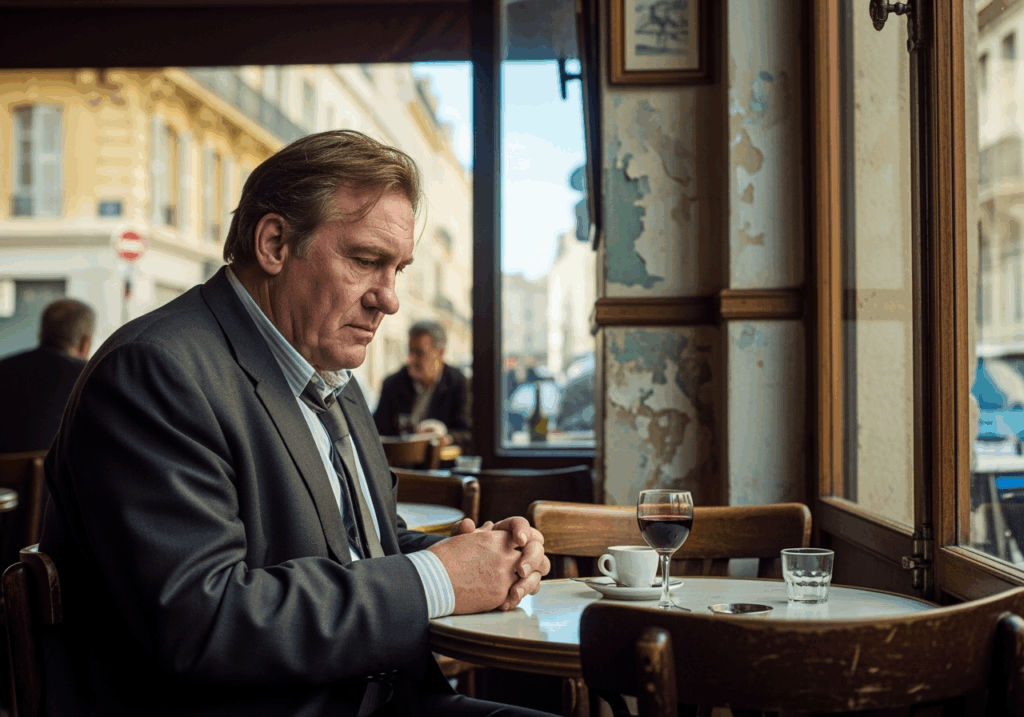
The Promise vs. the Reality
House of Cards worked because it was razor sharp. Every line of dialogue dripped with menace. Every glance felt calculated. The show pulled viewers into Washington’s smoke-filled backrooms and whispered: “This is how power really works.”
Marseille, in contrast, never delivered that kind of precision. The story centered on Robert Taro (Depardieu), the long-serving mayor of Marseille facing off against his protégé-turned-rival, Lucas Barres (Benoît Magimel). On paper, it had all the ingredients of a compelling political duel. In practice, it felt like a script that couldn’t decide whether it wanted to be a political thriller or a family melodrama.
Where House of Cards was icy and controlled, Marseille was overheated. The betrayals weren’t shocking; they were telegraphed. The dialogue often lapsed into clichés. Instead of the delicate dance of manipulation audiences expected, they were given melodramatic shouting matches and theatrical speeches.
Characters Without Teeth
One of the great strengths of House of Cards was its morally ambiguous characters. Frank and Claire Underwood were terrifying because they were so believable. Their ruthlessness was wrapped in charisma. They embodied the idea that corruption doesn’t look monstrous , it smiles at you, shakes your hand, and then buries the knife.
In Marseille, the characters lacked that kind of shading. Robert Taro, despite Depardieu’s presence, was often painted as the noble old lion, weighed down by loyalty to his city. Lucas Barres was the ambitious young challenger, but his motivations were bluntly sketched. Supporting characters oscillated between archetypes: the loyal wife, the scheming advisor, the faceless political opponents.
This flattening of character complexity robbed the series of suspense. We always knew who was “good” and who was “bad,” which is fatal in a genre that thrives on blurred moral lines.
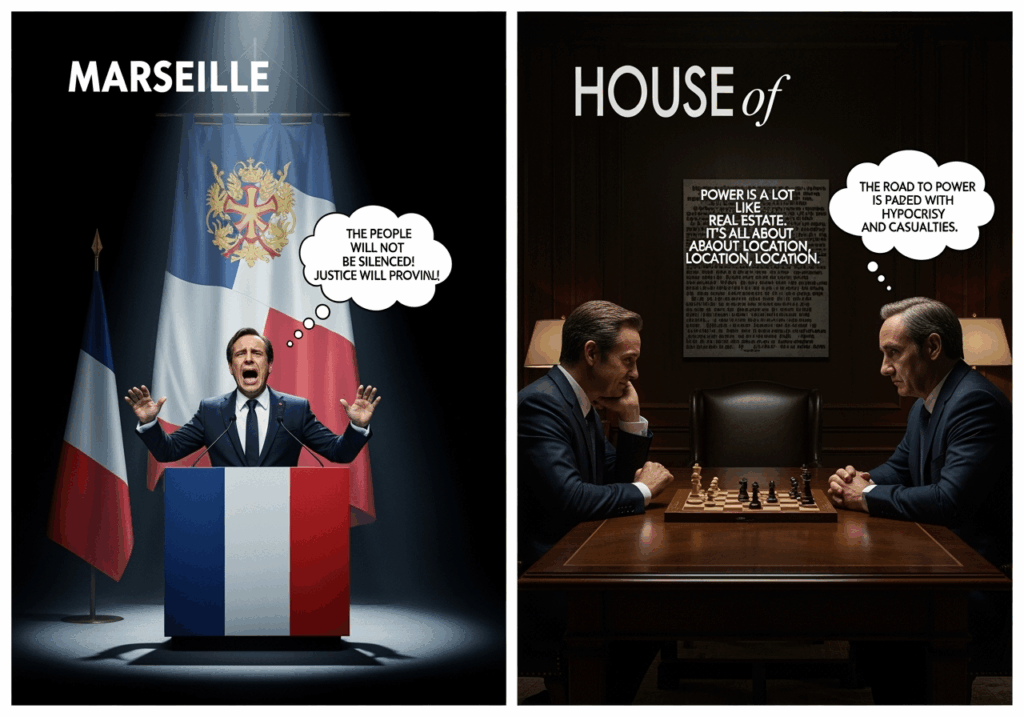
The Tone Problem
Tone is everything in political dramas. House of Cards wrapped itself in sleek minimalism. Its dark cinematography, cold dialogue, and measured pacing created a claustrophobic world where every decision carried weight.
Marseille couldn’t settle on a tone. At times, it gestured toward gritty realism, showcasing corruption, drugs, and organized crime. At other moments, it played like a glossy soap opera, with grandiose speeches and melodramatic twists. The result was tonal whiplash. Viewers never knew whether they were supposed to take it seriously as a political critique or simply enjoy it as a guilty-pleasure drama.
The cinematography echoed this confusion. Yes, the sweeping shots of Marseille’s port and sunlit boulevards were beautiful, but they clashed with the dark subject matter. The city often felt like a postcard backdrop rather than an integrated character, a missed opportunity considering Marseille’s rich history of politics, crime, and culture.
Lost in Translation
There’s also a cultural dimension to why Marseille struggled. House of Cards worked because it was intimately tied to American anxieties about Washington politics. It played on the public’s cynicism and fascination with power.
Marseille, by contrast, rooted itself in the specificities of French local politics — party infighting, city council deals, and corruption tied to the port. While those themes resonated in France, they didn’t always translate globally. The show never managed to universalize its stakes. To a non-French audience, the drama felt insular, even provincial.
Reception and Aftermath
When Marseille premiered, critics were brutal. French outlets dismissed it as outdated and heavy-handed, while international reviewers often labeled it “unwatchable.” One headline memorably called it “a soap opera in political clothing.”
Audiences didn’t stick around. Season 2 arrived quietly and left without much impact. What was supposed to be Netflix’s big French export ended up as a cautionary tale.
Lessons from Marseille
So why did Marseille fail to become the French House of Cards? Because it misunderstood the very essence of political drama. It mistook scale for depth, speeches for subtlety, archetypes for complexity.
The irony is that Marseille , the city itself , has all the raw material for a gripping political thriller. A port rife with history, corruption scandals, and cultural tension could have provided fertile ground for a series that spoke to both French and global audiences. Instead, that potential was squandered by writing that aimed for broad strokes rather than sharp edges.
In the end, Marseille is less a French House of Cards than a reminder that prestige television cannot be engineered by formula. Political drama requires more than a famous actor and a beautiful setting; it demands characters with teeth, dialogue with bite, and the courage to reflect uncomfortable truths.
Netflix wanted a French House of Cards. What it got was a warning sign: ambition without execution is just a headline waiting to fade.
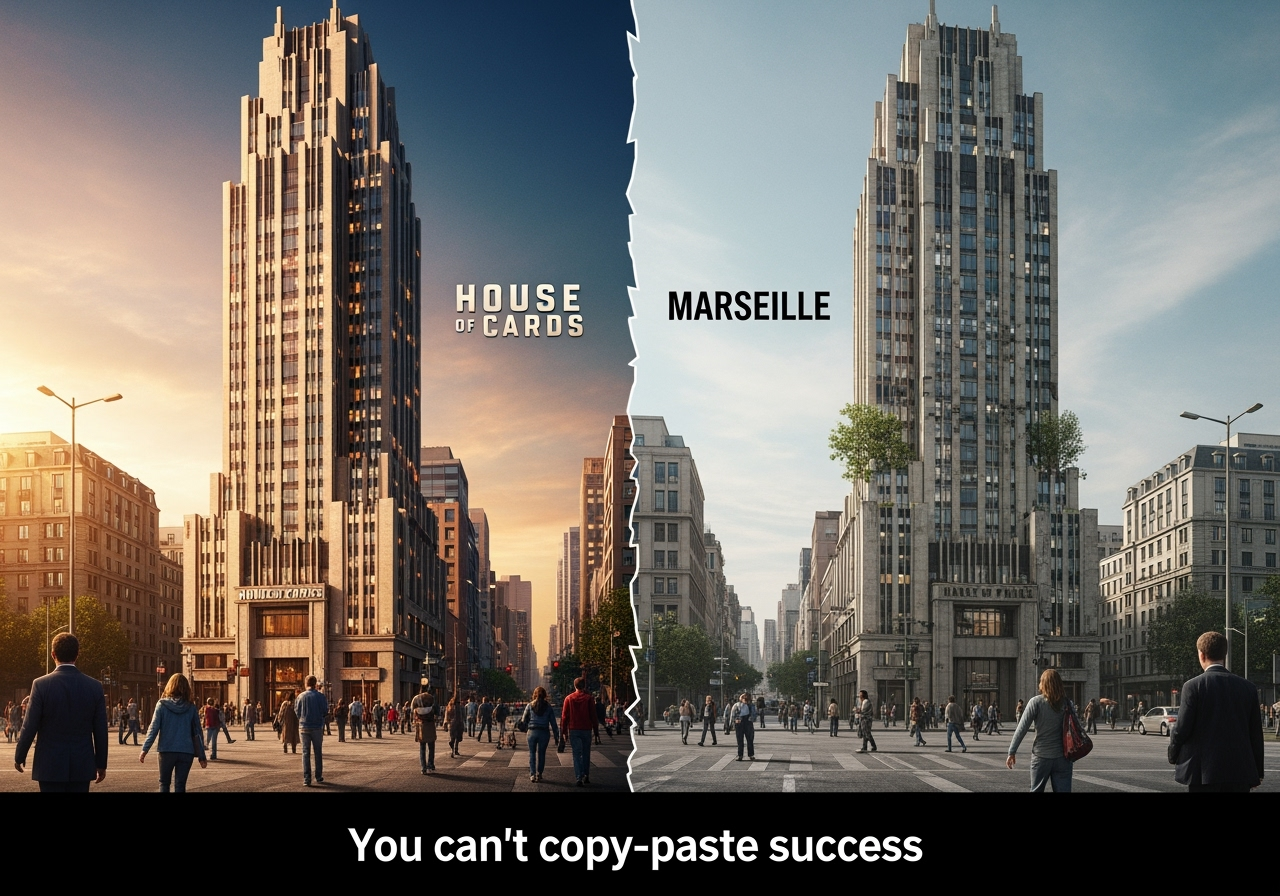


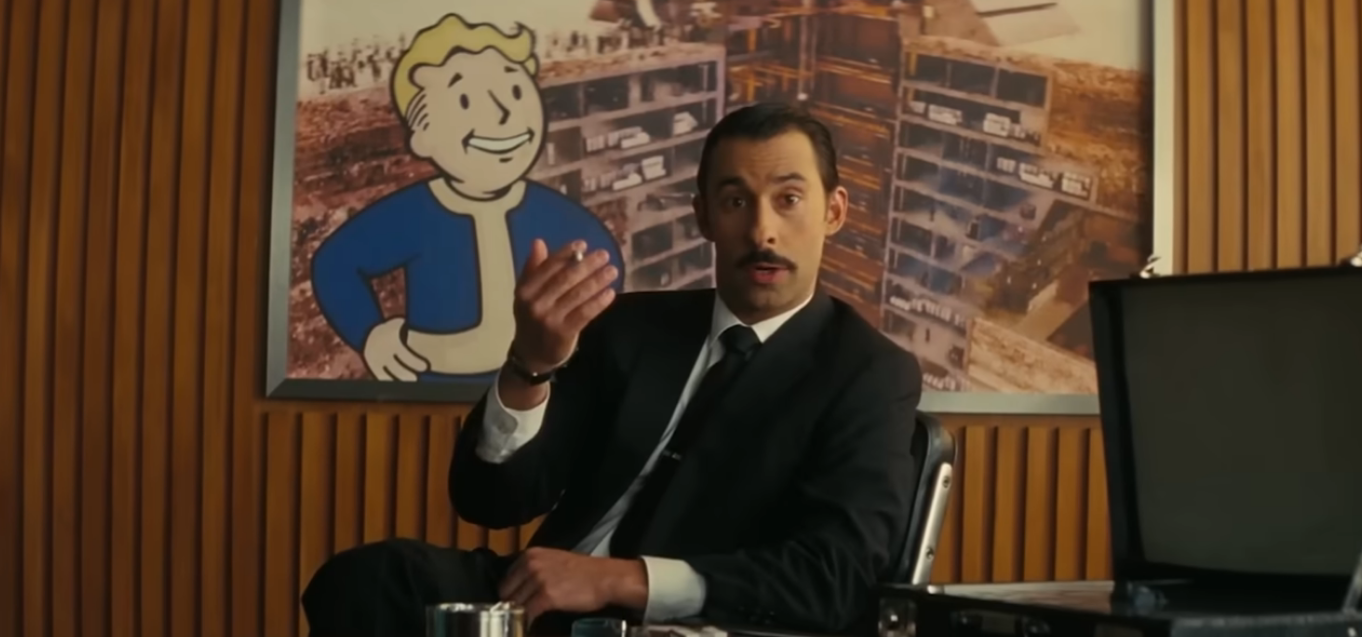
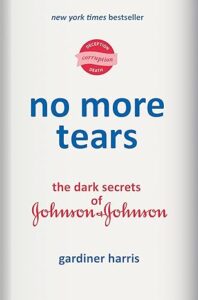


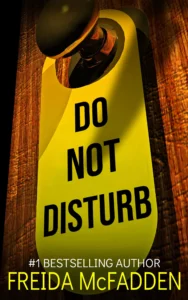




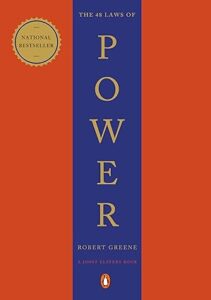
Post Comment